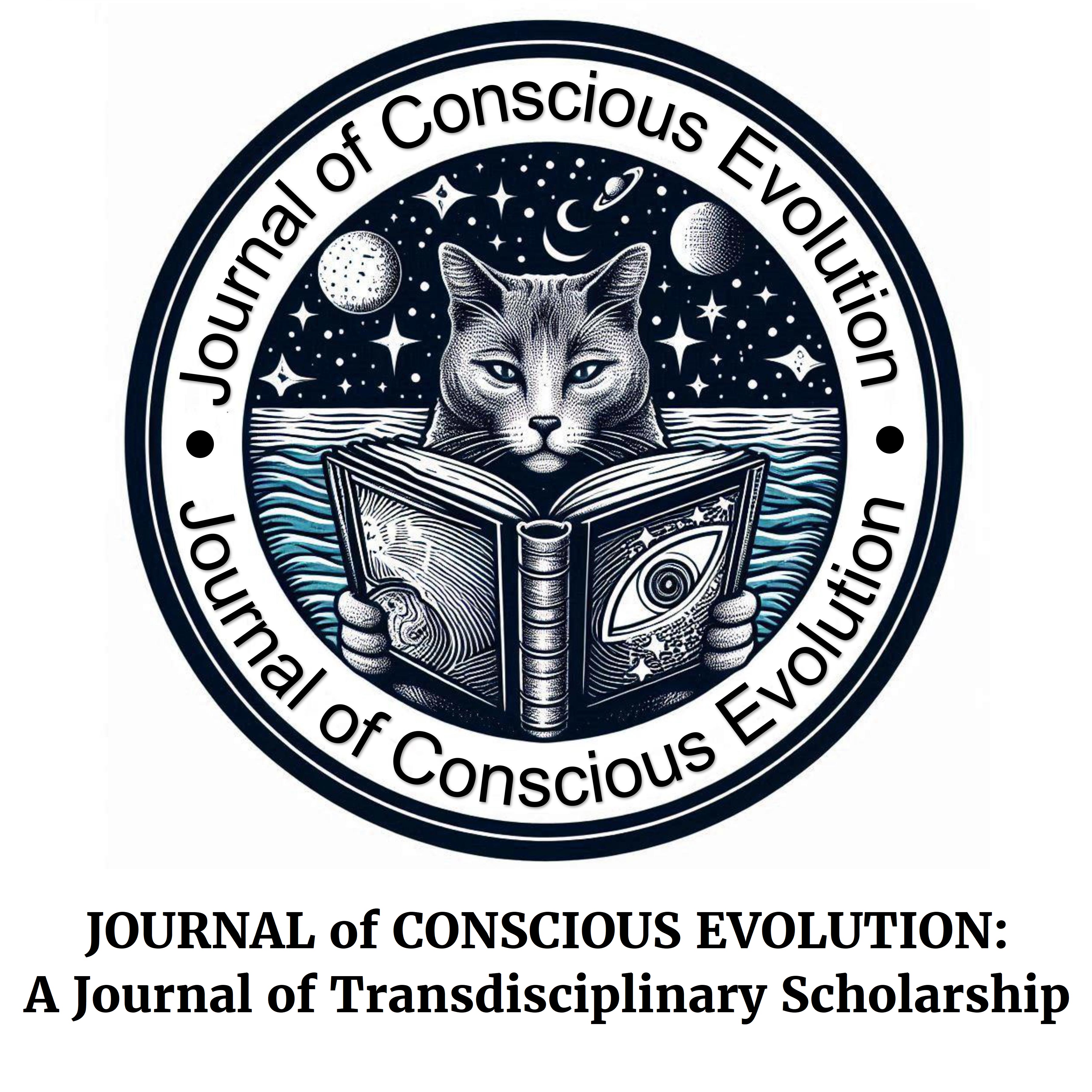
Abstract
For a long time, philosophers and scientists have attempted without success to develop a mind-body theory, a consciousness theory (Tc) to explain the exact relation between the mind and the body, a solution which is based on an assumed connection between consciousness and the activity of the neurophysiological processes in the brain. An important concern of the present paper, then, is to address the question of why, despite the great research effort on the subject, no successful Tc has ever been developed. In response, McGinn (1989) proposes that the human being’s cognitive system is not equipped to solve the problem. The present paper suggests another possible answer: If Tc had been discovered, a number of “negative-ramifications” would have emerged. These ramifications would have interfered with the development of a Tc. The paper discusses these ideas and arguments and finally suggests that it would be helpful to conceive of consciousness as an explanatory concept, which has yet to be explained.
Recommended Citation
Rakover, S. S. (2023). What will happen if science will develop a theory of consciousness? Negative Ramifications.. Journal of Conscious Evolution, 17(1). https://digitalcommons.ciis.edu/cejournal/vol17/iss1/11
Included in
Cognition and Perception Commons, Cognitive Psychology Commons, Cognitive Science Commons, Theory and Philosophy Commons, Transpersonal Psychology Commons


